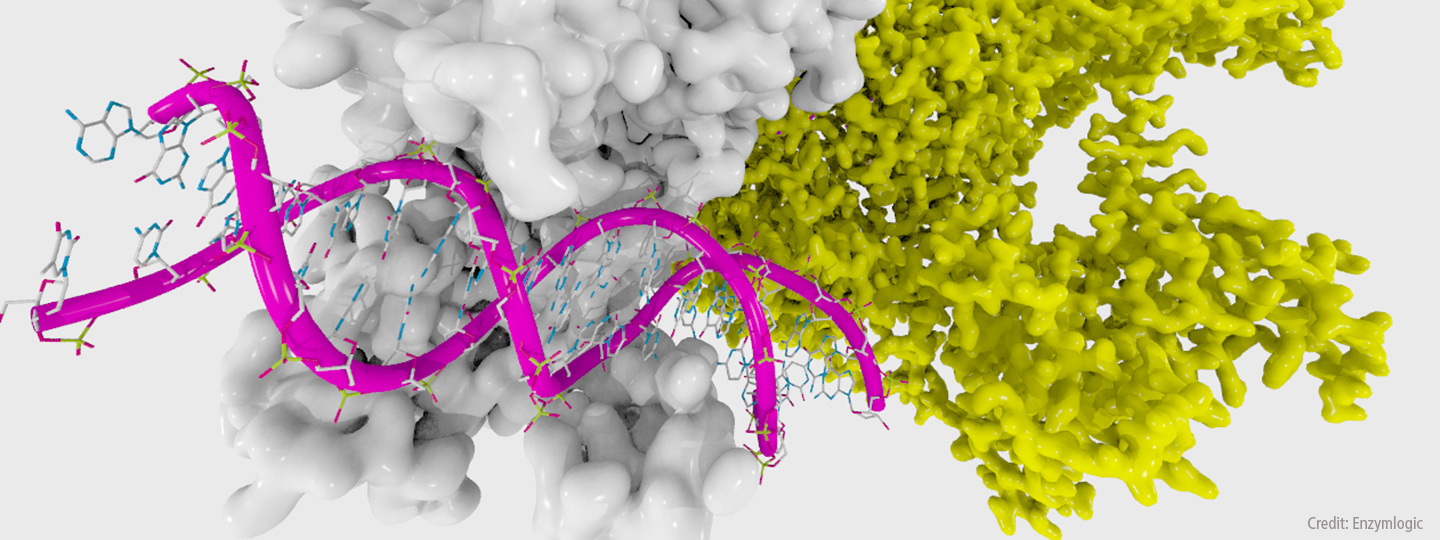Opioid Medication Combo Helps Patients Who Don’t Respond to Antidepressants
Opioid Medication Combo Helps Patients Who Don’t Respond to Antidepressants

Reviving an old treatment for mood problems, researchers find that adding certain opioid medications to depression treatment can help patients who don’t respond well to conventional antidepressants. In a new study published February 12, 2016 in the American Journal of Psychiatry, patients who received a combination of opioid medication and antidepressants saw greater improvements than their peers who received only antidepressants.
About 60 to 70 percent of patients do not respond to their initial treatment with antidepressants. After switching to a different type of antidepressant, still about 40 percent of patients do not see any or enough improvement in their depression symptoms.
Read related article from the New York Times >
In trying to develop new treatments for patients with difficult-to-treat depression, some researchers have turned to drugs that act on different systems of the brain. One such class of drugs is opioids, which affect the brain’s opioid system and have been used to treat mood problems for centuries, before being displaced in the 1950s by the first generation of modern antidepressants. Although recent research has reopened the investigation on opioids, showing the brain’s opioid system is involved in mood disorders, the use of opioid medications is limited because they are addictive and may be abused.
In the new study, researchers developed an opioid drug combination made of buprenorphine, an opioid medication, and samidorphan, which was included to block those effects of buprenorphine that are associated with its addictive potential. The research team, led by Maurizio Fava, M.D., a 1994 NARSAD Young Investigator grantee at Massachusetts General Hospital and Harvard Medical School, also included Madhukar H. Trivedi M.D., a 1992 NARSAD Young Investigator grantee and 2002 Independent Investigator grantee at UT Southwestern Medical Center.
More than 140 people with major depression who had not responded well to one or two courses of antidepressant treatment participated in the study. Participants were randomly assigned to either a group that had buprenorphine/samidorphan added to the antidepressant treatment or a group that received only antidepressant and placebo.
After four weeks of treatment, those participants who had received the additional treatment with buprenorphine/samidorphan showed greater improvements than the patients in the placebo group. Overall, the drug combination was well tolerated and the participants didn’t show symptoms of opioid withdrawal after finishing the treatment course, the researchers found.
The findings suggest that the buprenorphine/samidorphan combination is a promising candidate for treatment of major depressive disorder in patients who have an inadequate response to standard antidepressants, the scientists say, adding that future research with larger groups of patients is needed to confirm the results.



